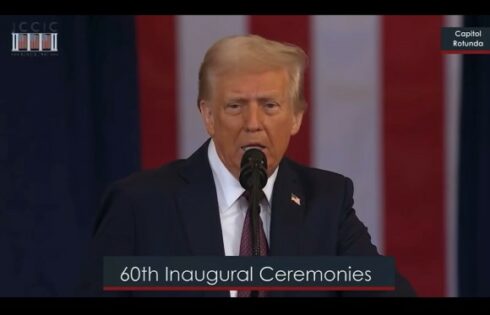Marriage rates are down, divorce rates are up, fertility is nearing an all-time low: It is no stretch to say Americans are facing something of a crisis of relationship issues. Add to the list what one professor calls “a sad commentary on an increasingly dysfunctional society:” love “has all but vanished from pop culture.”
David Masciotra, a professor at the University of St. Francis, notes in an article at The American Conservative that the word “love,” and the concept it denotes, has essentially dropped off the pop culture radar: “The word had fallen below phrases such as “good time” and epithets such as the N-word on the list of most commonly sung terms in the chart topping hits of the 2000s,” he writes, also noting that, in R&B—a genre famed for its love ballads—“sexuality is primarily a means of misogynistic conquest; committed bonds of affection are not worthy of pursuit.”
“Film is equally sterile and chaste. Leading men are more likely to wear face paint and capes than tuxedos or cowboy hats, and starlets jockey for “transgressive” roles as tattooed, gun wielding action heroes, rather than brides-to-be or even femme fatales,” Masciotra writes.
As a professor, Masciotra says he sees this sterile deadening of the culture right in his own classroom:
As an instructor at a small university, I am continually shocked by the languid sterility of the contemporary college classroom. Most of the young men and women wear sweat pants and moccasins, rarely speak, and spend more time looking at their phones than each other.
My observations might seem contradictory, but they actually complement studies of how college students who are sexually active are increasingly dissatisfied, claiming that they do not enjoy sex because it is the province of an increasingly vulgar and transactional “hookup culture.” Rather than a stage in courtship, sex is now something that transpires between two drunken strangers at the end of a long party.
Such torpid behavior, Masciotra says, is in part the result of “hookup culture,” in which, as one researcher put it, students “have to prove that they’re not emotionally attached to their sex partners, and in fact that they care less than the other person.”
“In a culture that runs on the fuel of instant gratification, love—and even mutually respectful and pleasurable sexuality—can look like too much effort. The phrase ‘hookup’ is indicative of people who believe that romance should function like an electronic device—plug it into a power source and press the ‘on button’,” Masciotra writes.
Like The College Fix on Facebook / Follow us on Twitter




Add to the Discussion